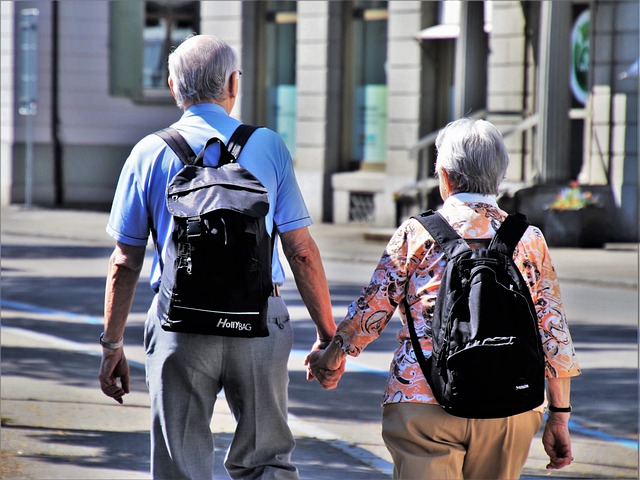Unexpected Benefits of Traveling Slow: Why Less is More

In a world where fast-paced travel often dominates, there’s a growing appreciation for the slow travel movement, which encourages deeper exploration and a more meaningful connection with the places we visit. Instead of rushing from one destination to the next, slow travel emphasizes spending more time in fewer places, allowing for a richer experience and a better understanding of local cultures and landscapes. It’s an approach that values quality over quantity, and the benefits of this mindset often extend beyond what many travelers expect.
Rather than ticking off tourist sites from a checklist, you have the opportunity to explore at your own pace, discovering hidden gems that might otherwise go unnoticed. Staying longer in one place allows you to get to know the rhythms of daily life, engage with locals, and uncover aspects of a location that shorter visits often miss. This approach gives you the freedom to embrace spontaneity, whether it’s enjoying a leisurely morning at a café or stumbling upon a local festival that wasn’t in your guidebook.
By embracing a slower pace, you also reduce the stress that can come with fast-paced travel. Constantly moving from one destination to the next can be exhausting, leaving little time to relax or reflect on your experiences. Slow travel, on the other hand, allows you to truly unwind. You’re not rushing to catch the next train or trying to cram in multiple activities in a single day. This more relaxed approach makes for a more enjoyable trip, where you can focus on experiencing the present moment rather than worrying about what’s next on your itinerary.
Another unexpected benefit of traveling slowly is the positive impact on the environment. Moving less frequently means using fewer resources, whether it’s cutting down on the number of flights, bus rides, or rental cars you need during your trip. Slow travelers often rely on more sustainable forms of transport, such as walking, biking, or using local public transportation, all of which have a smaller environmental footprint. By reducing the need for constant transit, you’re also contributing less to the emissions associated with frequent travel.
When you travel slowly, there’s also the opportunity to build a stronger connection with the people you meet. Spending more time in one place allows you to go beyond surface-level interactions with locals. Whether it’s getting to know the owner of the café where you have your morning coffee or chatting with your neighbors if you’re staying in a local guesthouse, slow travel fosters more meaningful relationships. These interactions provide insight into the local culture, traditions, and daily life in ways that fast travel can’t. If you’re staying in cheap accommodation that’s family-run or in a smaller community, the chance to connect with hosts or fellow travelers becomes even greater.
Slow travel can also change your perspective on what makes a trip worthwhile. Instead of focusing on how many places you visit or how many famous landmarks you see, the emphasis shifts to the quality of your experiences. You’ll find joy in small, everyday moments that might be overlooked in a packed schedule—whether it’s watching the sunset over a quiet village or enjoying a homemade meal at a local eatery. These moments of simplicity often become the highlights of slow travel, reminding us that less can truly be more. Choosing cheap accommodation in a more remote or off-the-beaten-path area can open doors to experiences that feel authentic and unique, rather than being part of the tourist mainstream.
In the end, slow travel offers more than just a leisurely way to explore; it provides a path to deeper, more enriching experiences. By staying longer in fewer places, you gain a better understanding of the destinations you visit, build meaningful connections, and reduce the stress often associated with travel. Whether it’s the financial benefits of staying in cheap accommodation or the emotional rewards of connecting with a place and its people, the unexpected advantages of traveling slow reveal why this approach to travel is increasingly becoming a favorite among seasoned explorers.
